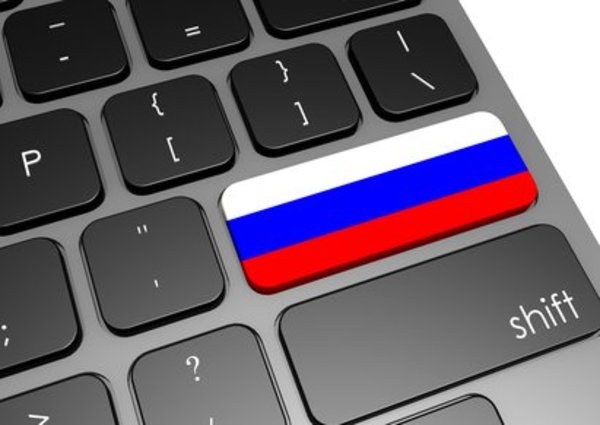
Outsmart your competitors
with visibility across your market
Are you a retailer or brand?
Competitor Monitor helps you stay ahead by constantly monitoring and analysing competitor products, prices & customer reviews.
TRY IT NOW
In the discussions we've been having recently about the BRIC economic bloc and its incredible rise through the ranks of global e-commerce, we've yet to mention the 'R' - Russia. Russia's economy hasn't been immune to the global financial calamities of the last 5 or 6 years, and their economy is still in a general slowdown phase, but in spite of that, online shopping increased by an impressive 26% last year, reaching a respectable $14 billion US dollars - 510 billion rubles. The truly incredible thing, however, is that the Moscow-based e-commerce analysis firm Data Insight projects that figure may double in size by next year, which beats most other growth figures hands down (with the possible exception of China).
Leading the charge of this trend towards e-commerce and online retail is a retail giant completely unknown in the West named Ulmart. Originally making its name as an online computer parts and consumer electronics retailer, it has recently dramatically expanded its offerings into most other sectors of the home-oriented market, including appliances, textiles and general purpose hardware and tools.
However, this burgeoning market is naturally attracting the same sort of speculative interest from the current world giants Amazon, eBay and Alibaba, who have a considering competitive advantage in the marketplace - or so it may initial seem. The chairman of Ulmart, Dmitry Kostygin, is completely unworried by the prospect of competition with Amazon, saying "In this market, Amazon has no chance." He may well be on to something, considering that the majority of Russians still tend to want to pay for things in cash instead of relying on credit cards - the number of fraud schemes in the West that originate in Russia and Eastern Europe may have contributed to this wariness.
This highlights the strength of the Ulmart distribution model, which has already implemented from the ground up a number of features that Amazon has only recently been exploring. Ulmart operates its own fleet of delivery trucks, for example, which Amazon only started experimenting with in a few limited pilot projects in late 2013. Ulmart also focuses on allowing customers to shop online, but then typically has orders delivered to one of three major urban warehouses, or one of over 250 more locally distributed locations where customers can pick up their purchases in-person, obviating the need for use of a credit card.
It's very difficult to ignore the power of the juggernaut that Amazon's online retail business has become, however, and Amazon may simply be willing to outspend Ulmart for domination of the available marketshare. The price comparison algorithms that have made Amazon such a success also have yet to be tested against the convenience of the Ulmart distribution model, and Amazon may view Russia as the perfect testing site for their own similarly competing system.
